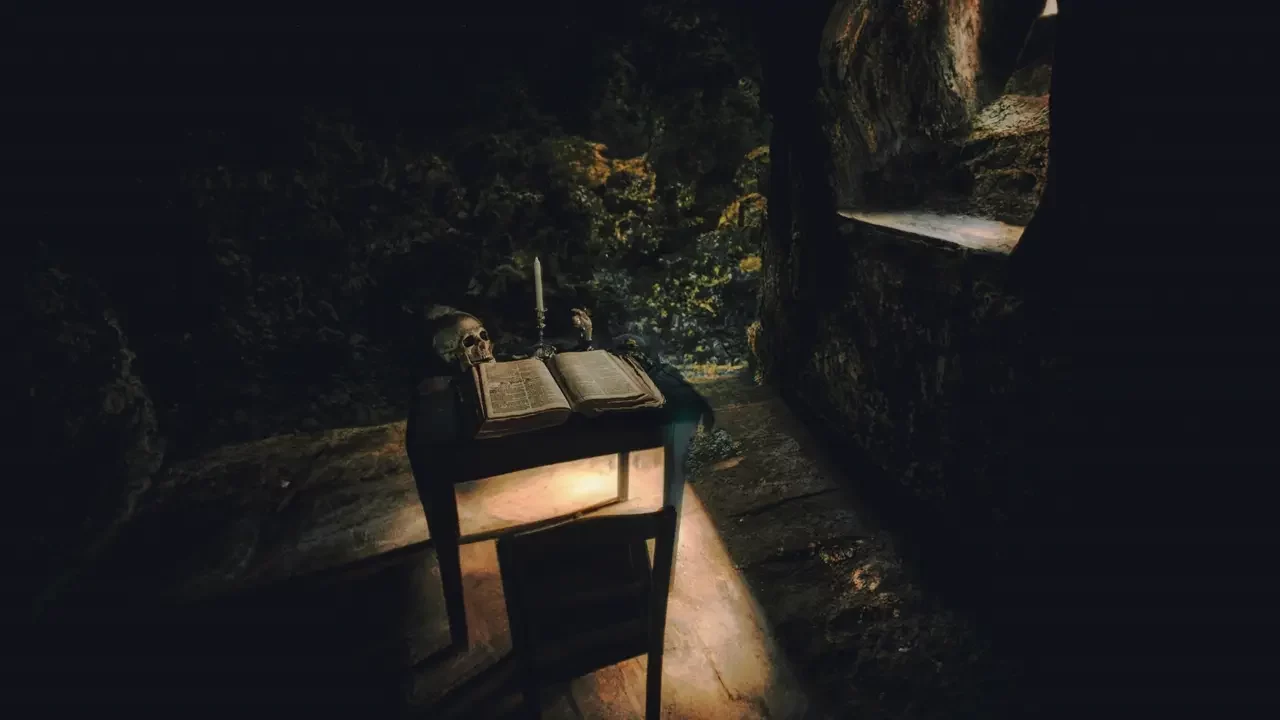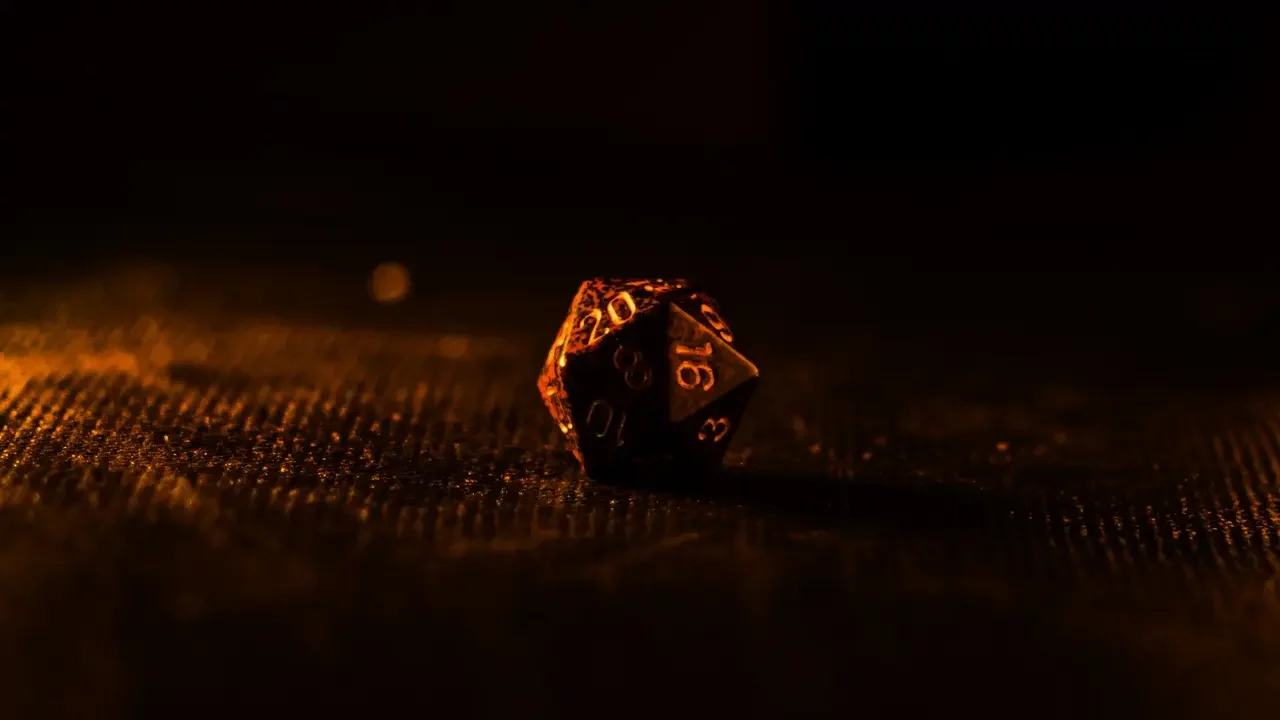
The dice know things you don't. They whisper secrets about plot threads that exist only in potential, about the difference between the story you think you're telling and the one that wants to be told.
Every failed roll is an invitation to discover what happens when control slips away and something more interesting takes its place. The barbarian's botched intimidation becomes the moment they realize shouting isn't the same as being heard. The wizard's misfired spell becomes the reason the party finds themselves in an entirely different adventure.
These moments become the story's truest expression. The most memorable tales could emerge from the space between what we plan and what actually happens, where the dice become your most honest collaborator in the ancient art of making meaning from chaos.
The Paradox of Planned Chaos
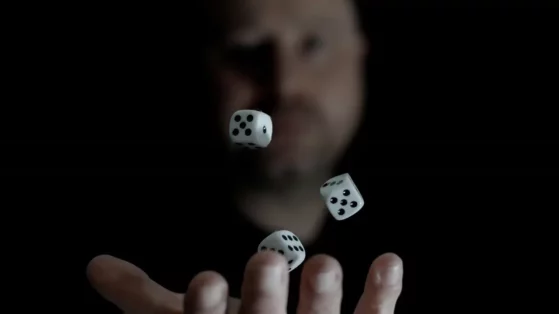
Watch a veteran game master at work, and you'll notice something interesting. They court disaster like a Victorian gentleman caller with a death wish. When the barbarian rolls a natural one on their intimidation attempt, turning what should have been a menacing interrogation into an inadvertent comedy routine, the experienced GM leans forward with the predatory smile of someone who knows they've just been handed narrative gold.
The difference between a novice and a master lies in their ability to recognize chaos as story's purest distillation. Every failure state you desperately try to avoid becomes a doorway to somewhere potentially more interesting than where you planned to go. The locked door that refuses to open becomes the reason the party discovers the secret passage. The failed stealth roll that alerts every guard in the castle becomes the moment your sneaky rogue transforms into an unlikely action hero. The botched spell that burns down the inn becomes next session's opening scene.
Experienced game masters understand that chaos serves as a powerful engine that drives the story forward. Electric moments can happen when the dice suggest something no one saw coming, transforming your carefully planned session into collaborative creation where the universe itself becomes your co-conspirator in crafting something more surprising than any predetermined plot.
Failure as Character Revelation
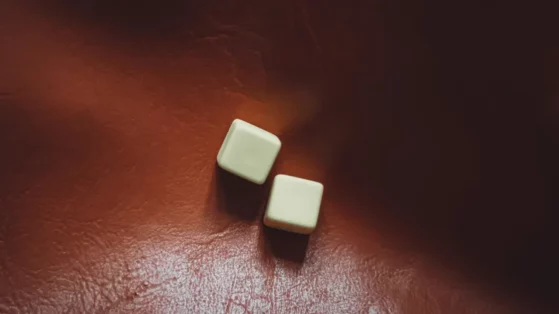
Character sheets promise to capture whole people in numbers, but they're really just sketches waiting for the dice to fill in the details. While victories reveal character, there's something magical about how failure transforms cold statistics into living souls. This is especially true when that failure is spectacular and public, stripping away competence to reveal the frightened, flawed human underneath.
When the paladin fails their saving throw against fear and flees from battle, they discover that courage lives not in the absence of terror but in what you choose to do when terror finds you. When the bard's seduction attempt goes so catastrophically wrong that it starts a minor diplomatic incident, the moment crystallizes a hard truth: charisma without empathy is just manipulation wearing a smile.
These moments of failure create the cracks where light gets in, the flaws that make perfection possible. A character who never fails is a character who never grows.
The secret is that players don't actually want to succeed at everything, they want their successes to mean something. And success without the possibility of meaningful failure is just participation trophy storytelling. When the dice betray them, the real game finally begins.
The Ecology of Consequence
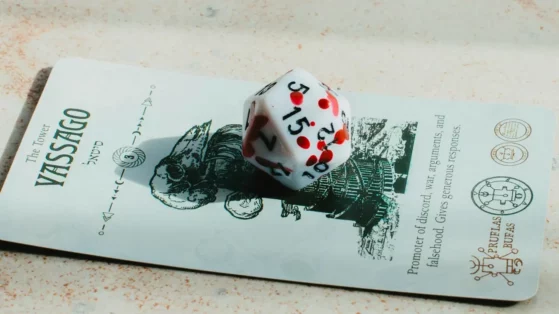
The world remembers. This is what makes a campaign feel alive and responsive. When the rogue fails their lockpicking attempt and triggers the magical alarm, the effects ripple outward like waves in a pond. The thieves' guild now knows someone was nosing around their safehouse. The city watch doubles their patrols. The merchant who hired the party starts asking uncomfortable questions about their competence.
Most game masters treat failure as a momentary setback, a brief interruption before the story gets back on track. But skilled storytellers know that every bad roll can open up new directions for the campaign. The wizard's misfired teleportation spell scatters the party across the countryside and leaves behind magical traces that attract creatures who collect such anomalies. The barbarian's diplomatic blunder ends the negotiations while simultaneously shifting how different factions view each other, turning tomorrow's problems into something far more complex.
This is how static worlds become living ecosystems. The party's failures seed future adventures, create new enemies, forge unlikely alliances, and transform the campaign setting from a backdrop into a breathing organism. The world stops waiting for the heroes to succeed and starts responding to their messy, human mistakes.
Teaching Players to Fail Forward
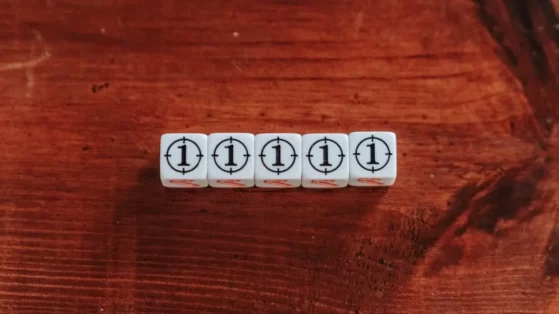
New players often struggle with a simple truth: letting their characters fail in interesting ways actually makes the game better. Something magical happens when players stop seeing bad dice rolls as personal losses and start seeing them as chances to create something amazing together.
Building this mindset takes careful attention. Players need to feel that their failures will be honored rather than punished, that their worst rolls could become their best stories. This means treating every mistake as an opportunity rather than a problem to be minimized. When the fighter's intimidation attempt turns into accidental comedy, lean into the absurdity until it becomes legend. When the cleric's healing spell goes horribly wrong, follow where that leads until it becomes part of the campaign's most memorable moments.
The goal isn't to make failure painless, pain gives weight to stakes. The goal is to to turn every mistake into fuel for the story. Players start to see that their character's biggest disasters often become their most memorable moments, that competence is forgettable but spectacular incompetence becomes the stuff of gaming legend. They start taking bigger risks, making bolder choices, because they've learned that even falling can be a form of flight.
The Magic of What Actually Happens
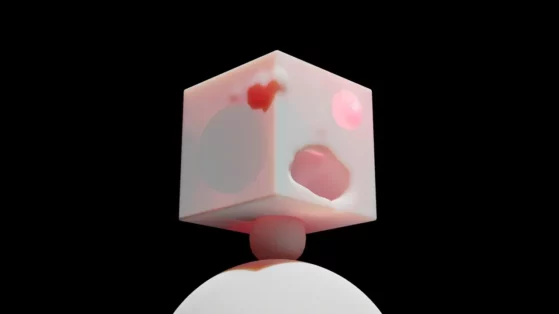
The dice tell the truth when we might not. They don't care about our plans, our expectations, or the stories we planned out in advance. They care only about possibility. The possibility that something we never anticipated might emerge from the collision between intention and chance.
Every failure at the table is an invitation to practice the most human of skills: improvisation in the face of chaos, grace under pressure when nothing goes according to plan. You learn how to stay calm when everything goes sideways.
The best failures at the table do three things: they matter (something important changes because of them), they show us who our characters really are, and they give other players chances to jump in and react. When a failure does all three of these things, it stops being just a bad roll and starts being a moment that changes everything : the characters, the story, and the world you're all creating together.
So embrace the dice. Let them show you that sometimes the best stories happen when you stop trying to control everything. Failed rolls are part of what makes RPGs so powerful. These games don't turn regular people into heroes by helping them avoid problems, but by teaching them how to turn those problems into great stories.

